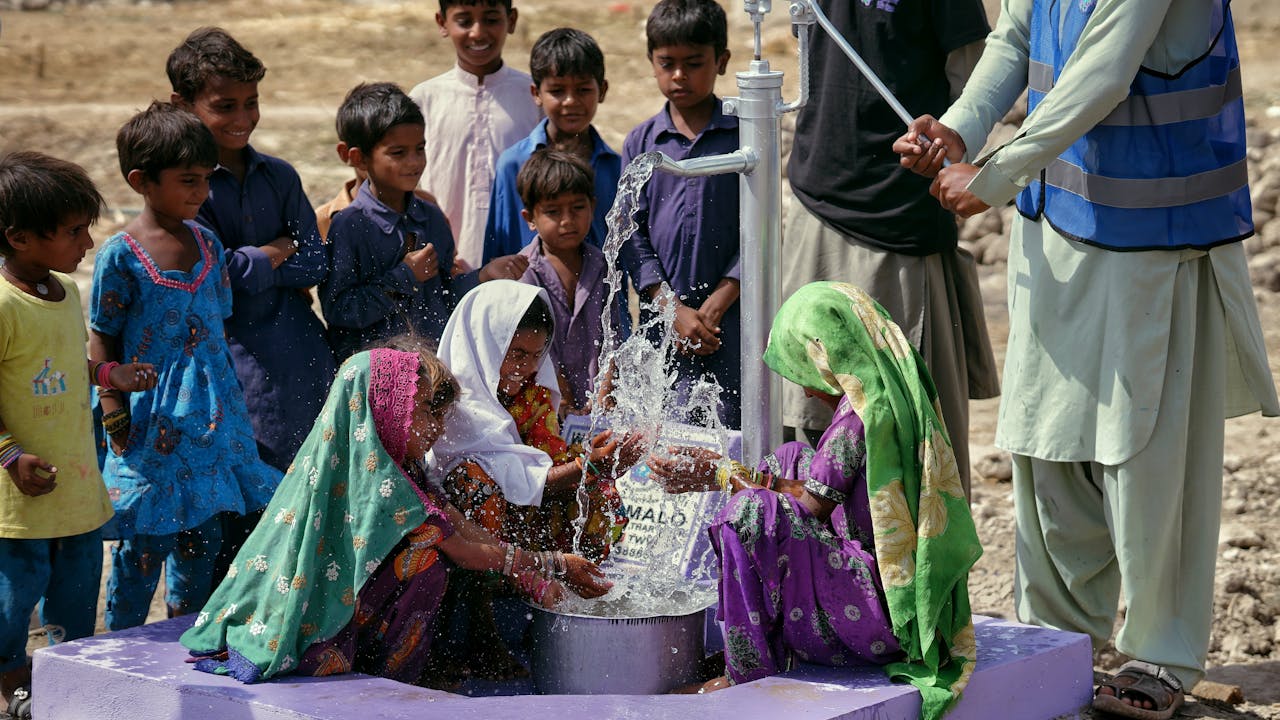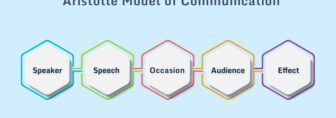Early Education Matters Most For Children – Here Is Why

Early Education Matters Most For Children – Here Is Why
Children in Singapore now have access to top-quality early education programmes that match the quality of higher levels of education. The country renowned for its rigorous education system attracts some of the best international institutions.
Though early childhood education (ECE) programmes are optional, they’ve become almost a norm. In fact, the government oversees this early phase of a child’s education through the Early Childhood Development Agency (ECDA).
If you know the value of early education, it’s easier to collaborate with your child’s teachers to maximize the outcome of learning. In this article, find out more about why early childhood education matters.
1. Cognitive Development
The largest percentage of brain development in a child happens in the first three years. This highlights how important it is to expose your child to the right experiences at this stage.
While the family is the main unit of socialization, modern lifestyles make it virtually impossible for parents to nurture their children at this stage.
Children who attend early childhood school programmes enjoy an easier time in lower primary school. Cognitive development relates to how a child figures things out, thinks, and explores.
If the child isn’t exposed to unique situations, their brain development might be slower. What’s more, the preschool or kindergarten environment challenges the child to reason out and understand new situations.
Teachers in preschool have the prerequisite training to help the child’s cognitive development. Through games, songs and other activities, the child understands the world around them faster.
Children who don’t attend these schools have a hard time in the more demanding formal school setting. Now that the country has one of the most rigorous education systems, enrol your child to promote their cognitive development.
2. Strong Academic Foundation
For a long time, parents considered early childhood schools as playtime. This was just a convenient way for parents to work. But early education has always been about more than play.
If you enrol your child in an international school in Singapore, you’ll notice an incredible transformation. These schools lay a solid foundation for academic development.
One misconception about early childhood schools is that playing and games pass time and nothing more.
But your child’s teacher will tell you every activity in these schools plays a critical role in learning. From the games, dances, to the songs, teachers target specific skills through these activities.
These activities can help with counting, the alphabet, reading and writing, listening skills, and other literacy and numeracy skills. By introducing these skills early on, the teachers make life easier for your child.
On joining the primary school, the child will have the basics to master the content taught. Research shows that children who attend early childhood education programmes perform better in formal schooling. For a country that has such a tough education system, this early stage of education is crucial to prepare your child.
3. Physical Development
Introducing your child to the physical rigours of early childhood education can help in their development. Consider all the games and other activities these kids play and you appreciate the importance of these programmes in your child’s physical development.
Teachers in these programmes focus on both fine and gross motor skills. In the class, the teacher designs activities to help your child refine their motor skills. Simple tasks such as holding a pen or drawing require a lot of work at this stage. Luckily, these professionals have the skills to get it right.
A child who enrols on a high-quality early childhood school learns these fine motor skills early. They can comfortably write, draw and do a lot of other tasks that require brain and body coordination. In addition, children also develop other motor skills through games.
Teachers use activities that promote moving around and coordination. Your child learns how to coordinate the brain with their libs. Jumping and catching the ball at the same time boost the child’s eye, brain and body coordination.
4. Social Development
Another reason why early education matters are to promote social development. Picture a child who interacts with others in an early childhood preschool and one who only stays at home.
When these kids meet in social settings, there’s a notable difference in their behaviour. One child is at ease while the other is reserved. Early childhood schools promote your child’s social skills.
The child learns how to interact with others, share out stuff, cooperate, compromise on situations and so much more.
The school setup takes your child out of their comfort zone. Children also learn how to regulate their own behaviour, and become more responsible.
By learning to make friendships at an early age, your child finds life easier when joining other levels of education.
The child also understands the importance of listening, allowing others to speak, diversity, respect for others and so much more.
Final Thoughts
As a parent, understanding the importance of this stage of education can help a lot. Preschool is not just a stage in preparation for primary school. Instead, your child learns invaluable skills.
This stage of education also lays the groundwork for formal schooling. With this insight, you can now appreciate the critical role a high-quality early education programme plays in your child’s development.
Read Also:



























